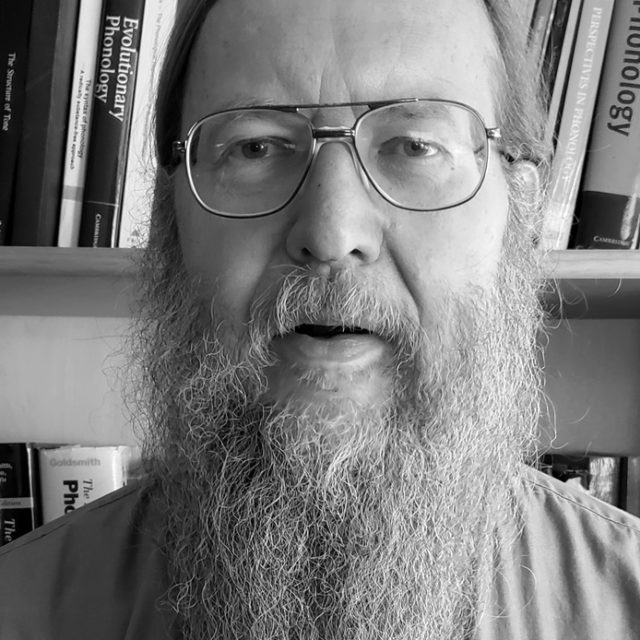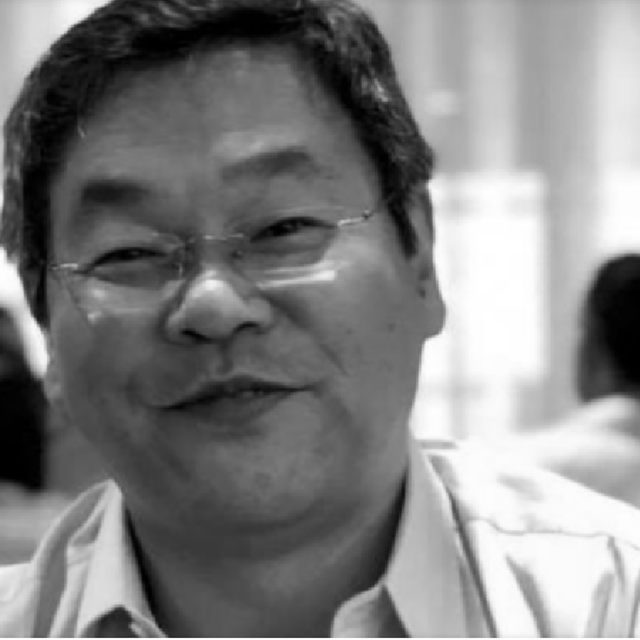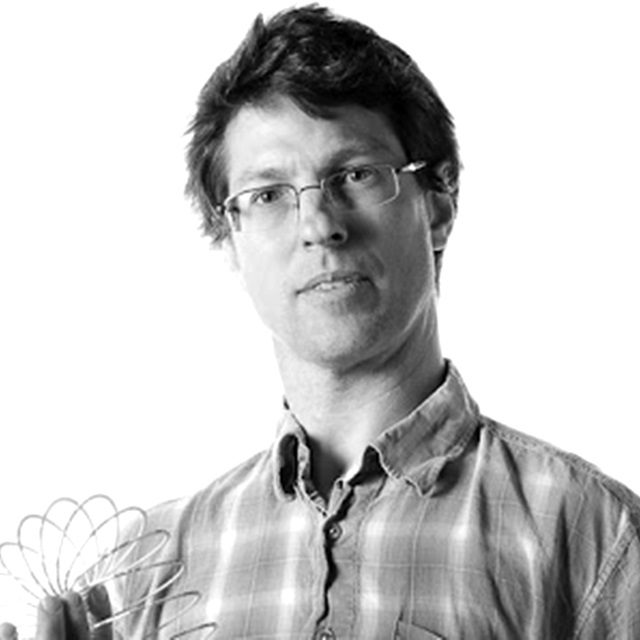David Odden
How Much Is in Phonological UG?
Speaker
-
David Odden

David Odden
David Odden is Professor Emititus at Ohio State University and Affiliate Professor at University of Washington. He received his PhD from the University of Illinois in 1981, and taught at Yale University and Ohio State University, with visiting appointments at Washington State University, Michigan State University, University of Tromsø and Durham University. His main research areas are the description of understudied languages especially those of Africa, and the theory of phonology.
Mediator
-
Seung-Hwa Lee

Seung-Hwa Lee
Possui graduação em Letras – Hankuk University Of Foreign Studies (1987), mestrado em Letras – Hankuk University Of Foreign Studies (1991) e doutorado em Lingüística pela Universidade Estadual de Campinas (1995). Atualmente é professor titular da Universidade Federal de Minas Gerais. Tem experiência na área de Lingüística, com ênfase em Fonologia, atuando principalmente nos seguintes temas: fonologia, teoria da otimalidade, morfologia, variação e português.
Discussant
Abstract →
David Odden
How Much Is in Phonological UG?
Earlier versions of generative phonology characteristically invoked a rich theory of Universal Grammar, designed to simplify the description of individual languages on the premise that expansion of UG is “cost-free”. A second methodological principle encouraging the expansion of UG is the premise that UG should tightly distinguish between attested languages vs. unattested languages. An alternative view of phonology has emerged over the past 25 years, especially exemplified in the works of Blevins and Hale & Reiss, explaining many factual tendencies in phonologies to grammar-external factors that shape data, and the need for children to learn a particular language based on observable language data. In the generative context, this reduces the explanatory burden borne by UG, because observed regularities about language are not necessarily directly encoded in UG – they are, just in case a regularity has no reasonable non-grammatical explanation.
Formal Phonology, a methodological framework for constructing a mentalist theory theory of phonological representations and computations, places strong emphasis on the simplicity of UG, adhering to the Newtonian principle that “we are to admit no more causes of natural things than such as are both true and sufficient to explain their appearances”. If a fact of a language can be attributed to learning rather than prior knowledge, it should be. Yet as cogently pointed out by Fodor and applied to phonology by Hale & Reiss, a system of computations and representations cannot be learned if a child has no idea what a “computation” or a “representation” is. The central research question for this approach to phonology is, what is the most economical system of computational and representational concepts that allows grammars of languages to be learned inductively?

